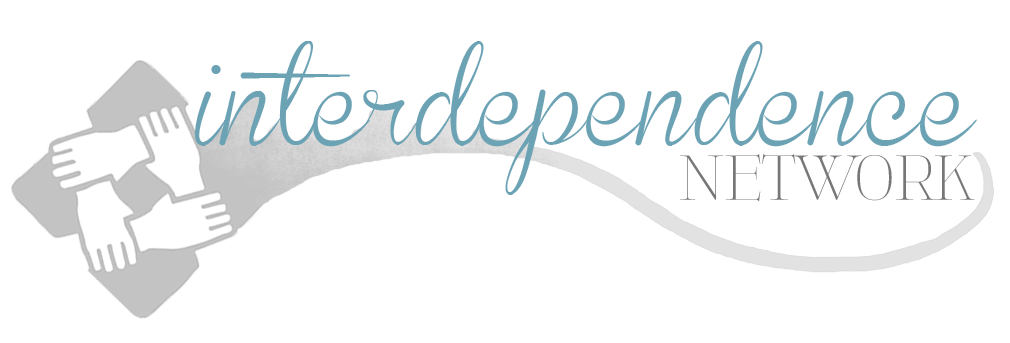Allan I. Bergman is an accomplished nonprofit community agency and association executive and nationally recognized leader in influencing the development of federal and state policy relating to “best practice” services and supports for persons with disabilities.
Bergman’s career includes significant leadership positions within local, state and national non-profit agencies and associations. Most recently, he served as President and CEO of one of Chicago’s largest community agencies, Anixter Center, supporting more than 5,000 individuals living with disabilities through 400 employees, 72 programs, and multiple sites. His earlier positions in Washington, D.C. included President and CEO of the Brain Injury Association of America, and significant leadership roles with United Cerebral Palsy Associations as Director of the Institute on Disability and Managed Care, Director of State-Federal Relations, and Director of Government Relations. After completing his undergraduate degree in Psychology at Cornell University, Allan’s early career included responsibilities at the Texas State Commission for the Blind, as Executive Director for the Austin (TX) Cerebral Palsy Center, and Executive Director of three Associations for Retarded Citizens in Dallas, San Francisco and the state of Colorado. Bergman is an insightful and perceptive strategic planner skilled at aligning goals, groups and available resources. Allan works with all levels and functions within an organization to build a unified, strategic vision and consistent messaging to achieve long term goals, improve organizational efficiency, deliver meaningful outcomes to customers and a good return on investment to funders. He possesses an extraordinary ability to understand and analyze highly complex problems and to present them and proposed solutions in an articulate and understandable manner to diverse audiences. Allan is astute at building strong relationships and business partnerships with multiple constituencies.
Allan’s expertise includes broad knowledge of Medicaid, Medicare, managed care and long term services and supports policy, practice and financing. He has testified before many state legislative and Congressional committees and his fingerprints are on many bills that now are law. He was invited as an expert witness to testify before both the U.S. Senate Finance and House Energy and Commerce Committees on Social Security, employment and health policy issues, and worked with key congressional staff to develop Medicare and Medicaid work incentive proposals that were incorporated into federal law. A passionate and charismatic speaker, Bergman has provided more than 200 keynote addresses and 150 workshops to over 50,000 individuals in all 50 states, Canada, Australia and Israel. Allan is at ease with multiple audiences including customers, volunteers, legislators, legislative staff, clinical researchers and practitioners. A nationally recognized trainer, he has provided leadership training to over 6,000 people.
For more interviews subscribe to the Call Me Podcast on itunes: https://itunes.apple.com/us/podcast/call-me-al/id1441852995
Season 3 of the Call Me Podcast is brought to you by CONNECT Communities. CONNECT’s mission is to Make Lives Better. We achieve this by providing complex and specialized services for people living with brain injury and stroke in a nurturing and innovative community environment. Through our Life Redesign Model™, we empower people by applying our knowledge and experience to coach, challenge and motivate each person to reach their unique personal goals and build a fulfilling life for themselves. CONNECT is one of few organizations accredited through Accreditation Canada using the Acquired Brain Injury standards. For more information visit their website: https://connectcommunities.ca/



